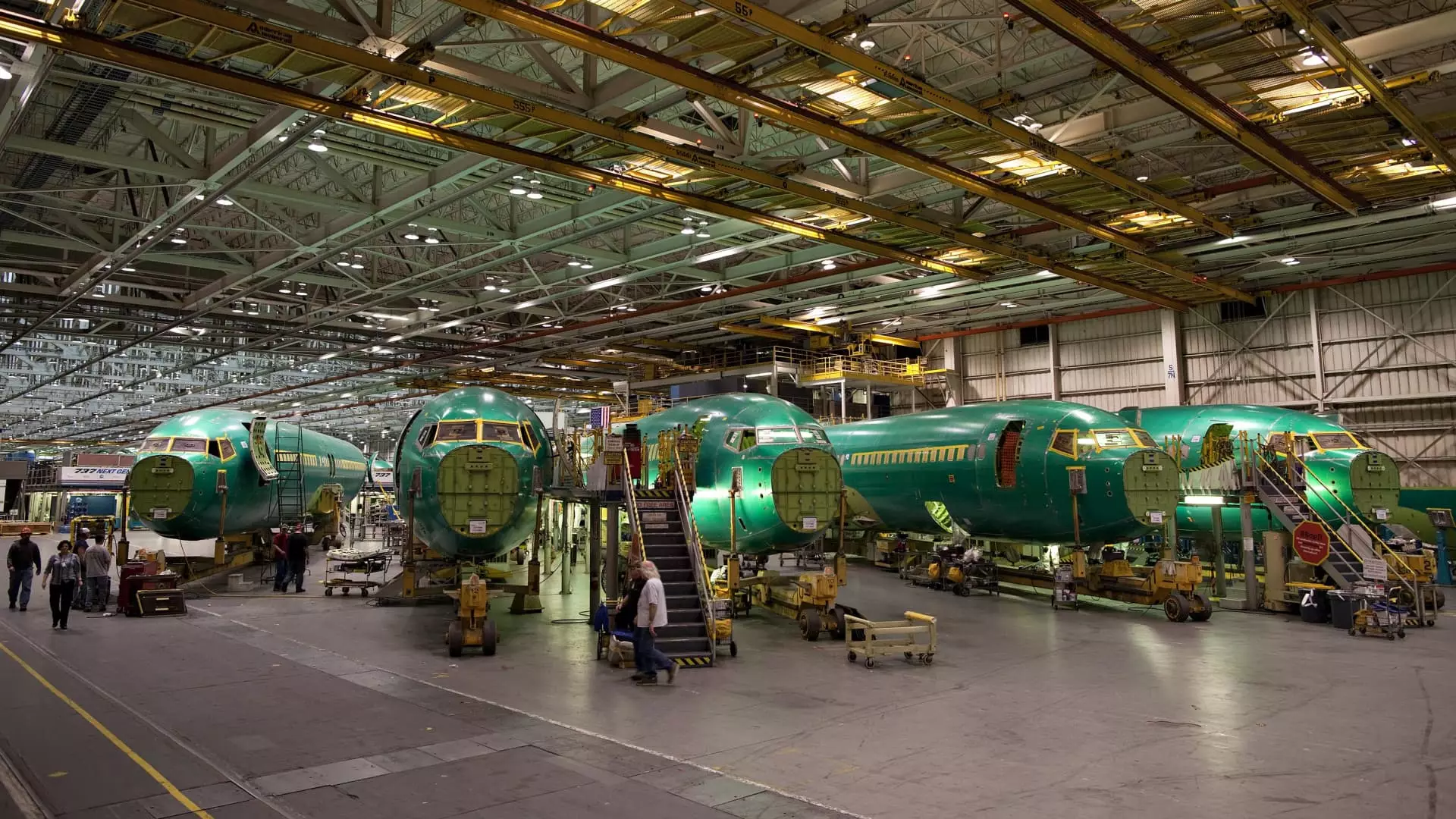Boeing’s recent decision to acquire Spirit AeroSystems in an all-stock deal has raised questions about the motives behind this move. The aerospace giant will pay $37.25 a share in Boeing stock for Spirit, with a transaction value of $8.3 billion. This acquisition is seen as a strategic move by Boeing to improve safety and quality control, especially after a fuselage panel blew out midair from a Boeing 737 Max 9 aircraft, leading to a fresh crisis for the company.
The takeover of Spirit AeroSystems by Boeing will have significant implications for both companies. Spirit, which makes fuselages for the 737 and other parts for Boeing’s aircraft, will now be brought in-house. This move is aimed at aligning the production systems and workforces of the two companies. Boeing’s CEO, Dave Calhoun, has emphasized that this acquisition demonstrates the company’s commitment to strengthening quality and ensuring that Boeing meets global standards.
Boeing has been facing a series of challenges, including production issues and safety concerns related to its aircraft. The National Transportation Safety Board’s preliminary report into a recent accident involving a Boeing 737 Max 9 highlighted serious flaws in the aircraft’s manufacturing process. Additionally, Boeing’s financial performance has been negatively impacted, with the company expecting to burn around $8 billion in cash by the first half of 2024. This has led to a significant decline in Boeing’s shares, further adding to its woes.
One of the strategies employed by Boeing to improve quality control is to only accept fuselages without defects, thereby reducing the chances of errors during the manufacturing process. The Federal Aviation Administration has also intervened, stating that Boeing must address its production issues before expanding production further. This underscores the importance of quality assurance in the aerospace industry, especially in light of recent safety incidents involving Boeing aircraft.
Boeing’s safety record has come under scrutiny, with lawmakers criticizing the company’s response to safety concerns and the lack of improvement following two deadly crashes involving the 737 Max. The acquisition of Spirit AeroSystems is seen as a step towards enhancing safety and quality standards, but Boeing still faces challenges in restoring public trust and addressing regulatory requirements. The deal is subject to approval by regulators and Spirit’s shareholders, further highlighting the complexities involved in such acquisitions.
Boeing’s acquisition of Spirit AeroSystems marks a significant development in the aerospace industry. The deal is expected to enhance safety and quality control measures, aligning the production processes of the two companies. However, Boeing must address its production issues and improve its safety record to regain public trust and regulatory approval. The challenges faced by Boeing highlight the importance of quality assurance and compliance in the aerospace sector, underscoring the need for continuous improvement and accountability in aircraft manufacturing.


Leave a Reply